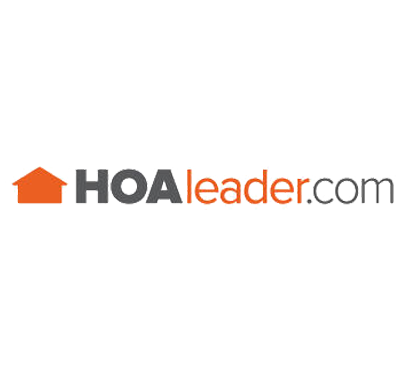Hellmuth & Johnson attorney, Phaedra Howard, discusses various topics with HOALeader.com:
COVID-19: Which Condo/HOA Amenities and Recreational Facilities Can Remain Open?
Few amenities are open among the clients of Phaedra J. Howard, a partner specializing in community association law at Hellmuth & Johnson PLLC in Edina, Minn. But even getting to that point had some bumps.
“One board told me, ‘We’ve talked to a retired infectious disease expert, and here’s what they’re telling us… So despite what people say, we’re just going to tell people to use facilities at their own risk,'” recalls Howard.
“I told them, ‘No, no, no, no, no. You don’t need the potential liability,'” she adds.
“They even pushed back,” reports Howard. “They said, ‘We’ll leave sanitizer, and people will clean up after themselves,'” she adds. “I told them they couldn’t rely on people to do that, and people would actually steal their supplies. I advised that they just close the facility. People will understand. They wanted to leave everything open—the pool, the exercise room, the community room. I advised them against it and said, not only that, you should adopt temporary rules preventing people from congregating in the hallways.”
Read full article here.
COVID-19: How to Handle Condo/HOA residents Who Become Ill
That’s generally the path also recommended by Phaedra J. Howard, a partner specializing in community association law at Hellmuth & Johnson PLLC in Edina, Minn. “I haven’t been asked this question yet, but I have gotten this question: ‘We have a resident who tested positive, but they won’t stay in the unit and claim they have to walk the dog. Should board members offer to walk the dog?'”
That’s an answer only those board members can make since they have to consider their own safety in light of their personal circumstances. But more generally, Howard advises that boards should notify residents only with the infected resident’s permission.
“My recommendation is that if a resident tells you they’re COVID-19 positive and is willing to share that, you can share as much information as they say is OK to share,” says Howard. “But it’s really a privacy issue for the person who’s sick.
“Even then, you don’t want to identify the person,” she adds. “Just like a day care would do when they get an infectious disease among the children, you could disclose: ‘There’s been a confirmed report of COVID-19 in the community, and here are the signs you should look for that you may be infected, too.’ We’re not going to squeal on any residents. But if you’ve been given permission to disclose it, you want people know there’s a confirmed case so they can recognize that it’s here in their community and to be more cautious themselves.”
Read full article here.
COVID-19: Should Your Condo/HOA Relax Any Rules? Which Ones?
Phaedra J. Howard, a partner specializing in community association law at Hellmuth & Johnson PLLC in Edina, Minn., hasn’t seen our particular example. But she also advises flexibility. “In that case, I absolutely would advise a board to give a temporary waiver, not just for health care workers but someone who’s infected,” she says.
Read full article here.

